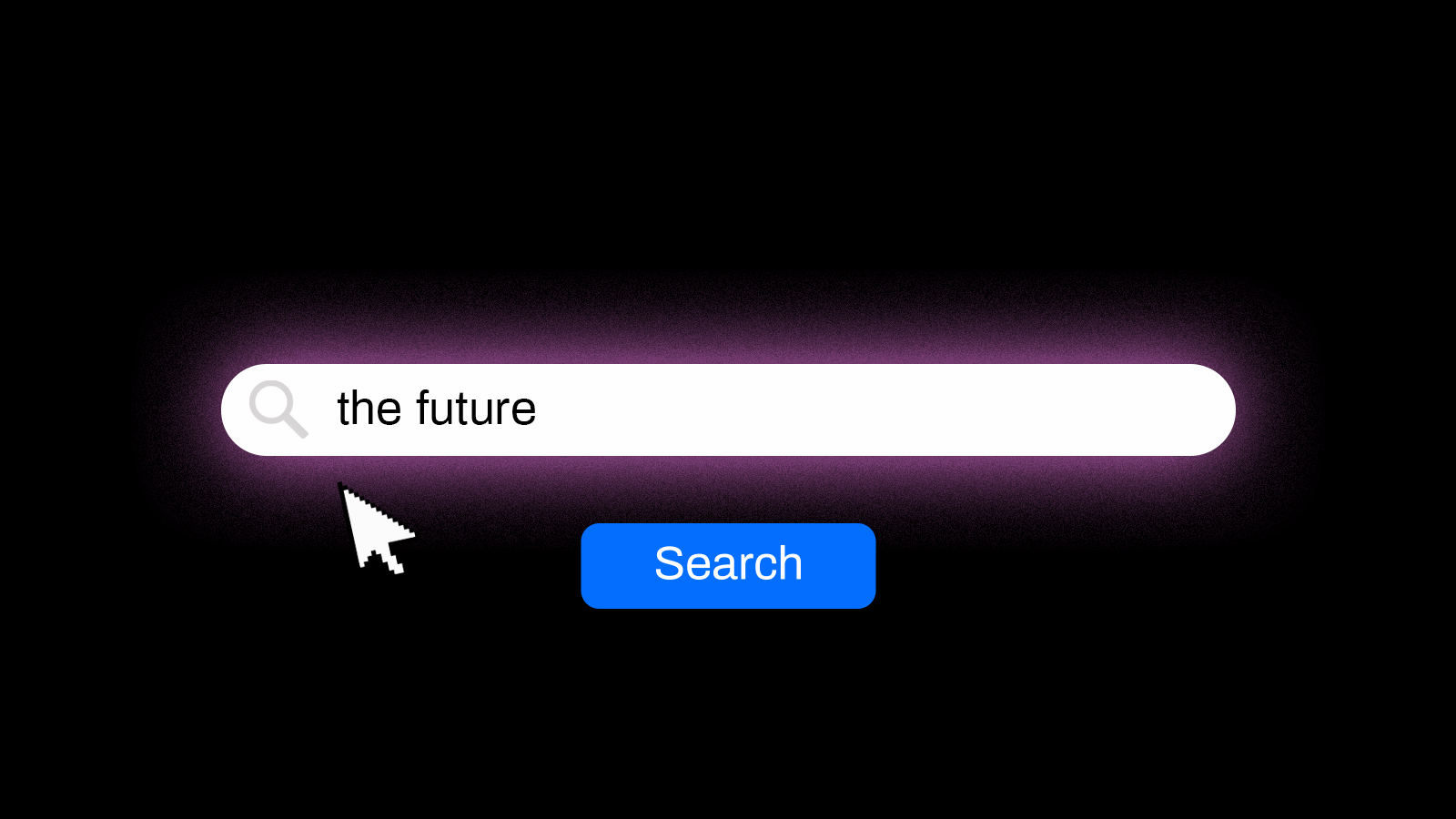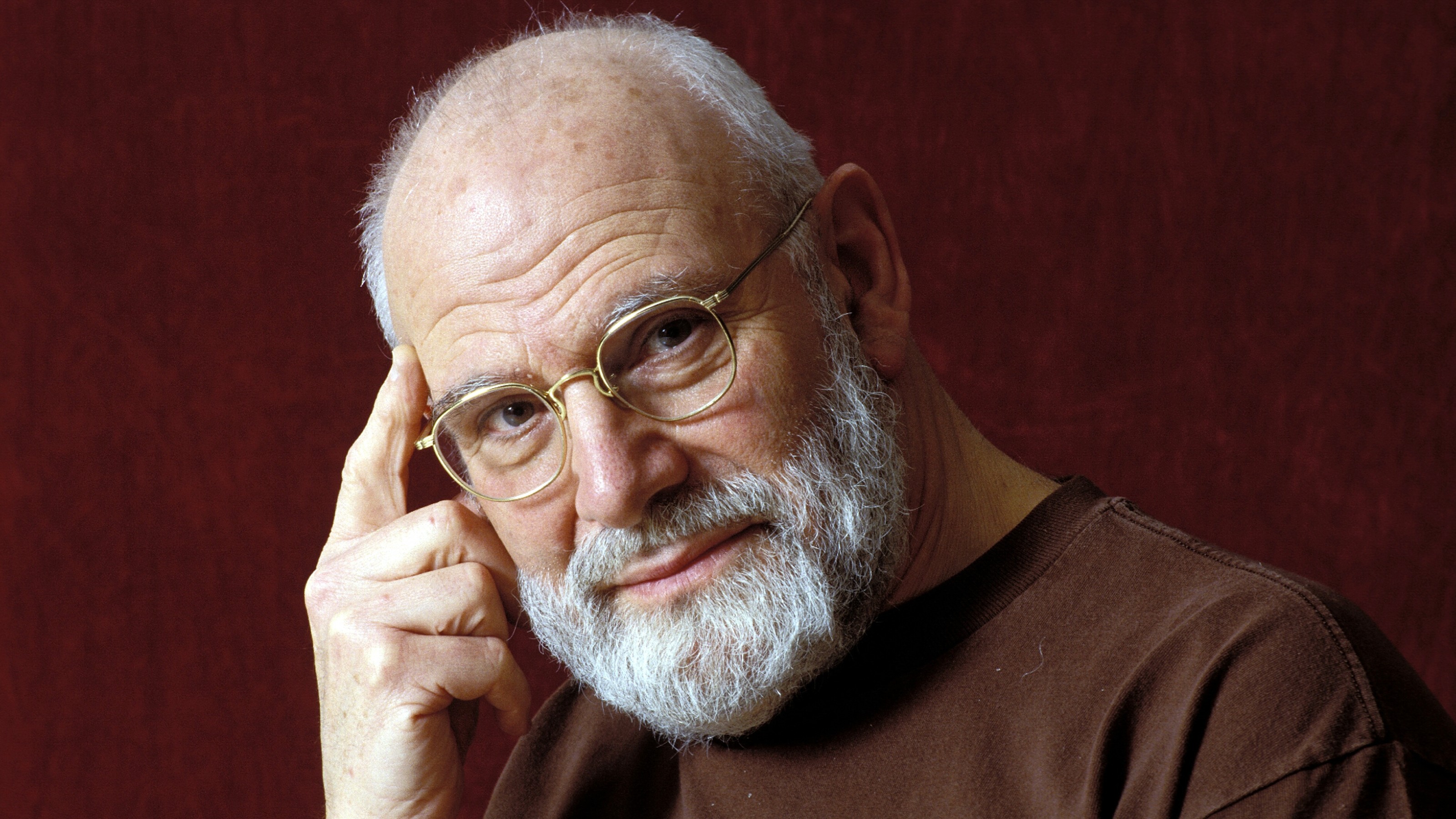The eBooks Battle: I’m With MacMac

I buy books. I also have written a book. So I have a more-than-idle interest in this week’s giant-monster fight over ebooks, which pitted Amazon against the big publisher Macmillan and, indirectly, Steve Jobs. My first thought as an author was for the African proverb (“when elephants fight, it is the grass that suffers”). In fact, though, writers (and readers) will be better off if one side wins in this one. Maybe you can’t forget how Godzilla leveled the post office, but there are still times when you root for him against Megalon.
So this time out, I’m for Macmillan and Jobs, whose iPad-motivated entry into ebooks seems to have have put the steel in Macmillan’s spine.
It began last week when Macmillan’s CEO, John Sargent, publicly proposed to renegotiate Amazon’s terms for ebook sales. The current arrangement makes Amazon a kind of publisher: It owns electronic rights to a book, which it exercises to create and distribute the book’s Kindle version–and to decree that no Kindle book shall cost more than $9.99.
Macmillan wants instead to treat Amazon as an “agency”–a simple reseller. In that model, the publisher sets the price ($14.99 to $5.99, said Sargent) and Amazon gets 30 percent of it. That is not coincidentally the deal that Apple struck with Macmillan and four other major publishers (Hachette Book Group, HarperCollins Publishers, Penguin Group and Simon & Schuster) for its new online bookstore, iBooks, announced at last week’s iPad unveiling.
Amazon went ballistic–over the weekend it pulled the buying link from all Macmillan books (even paper-and-cardboard versions) from its site. Go to the Amazon page for this book, for instance, and you won’t see a “Buy” button–just links to stores selling used copies. Macmillan held firm. On Sunday Amazon announced that it was grudgingly giving way. (Though it still has not restored those buy buttons as of 9 AM EST on Wednesday, February 3).
Why the strong-arm tactics? As the SF writer Tobias Buckell lucidly explains, Amazon’s current arrangement gives it enormous control over prices paid to both suppliers and consumers. If I publish an eBook directly with Amazon, it will give me a certain percentage of the price as a royalty. But as you can see for yourself by reading this contract for Kindle self-publishers, Amazon can change that percent whenever it likes (see paragraph 2). Similarly, on the retail end, it can decide tomorrow that the top price of an ebook is no longer $9.99 but $19.99 or 99 cents.
For the moment, Amazon pays 50 percent of the publisher’s retail price for the right to publish an ebook–which means it loses money when it sells a $30 hardback in a Kindle edition for $9.99. That helps promote the Kindle. For now. But long-term Amazon’s interest will obviously be to pay book authors less and charge book readers more. Another author, Charles Stross, sees where this leads:
[Amazon’s] buy wholesale/sell retail model screws publishers’ ability to manage their cash flow and tends to induce price wars on the supply side, which is okay if we’re talking widgets with a range of competing suppliers, but books are individually unique products and the industry already runs on alarmingly narrow margins: this isn’t the music or movie biz.
Hilariously, Amazon’s cease-fire statement declared that it had to “capitulate” because “Macmillan has a monopoly over their own titles.” Sorry, neighbor, I’d love to sell you a Prius for $9.99, but it seems Toyota wants a say in deciding what to charge for the products it makes.
The agency model would prevent Amazon from gaining a stranglehold on ebook prices, leaving those prices to the workings of the market. Publishers are banking apparently on ebooks evolving into a market like paper books, where some people pay a premium price to read the book right away (for example, paying that $30 for a hardback) while others are content to wait for the work to turn up in paperback or in used book stores. They want to be able to set prices according to what the market will bear.
In the short run, they’ll make less money than they do now, when Amazon pays Knopf $15 for the right to sell a Kindle version of a new novel for $9.99. But in the long run, by not ceding control to Amazon, publishers hope to make more money–which money, of course, will help support editors, jacket designers, typographers and other people who help make sure that at least some books published every year are worth reading.
It looks as if book publishers have learned a few things from the catastrophic fall of print journalism. Banzai and Godspeed, Godzilla.





